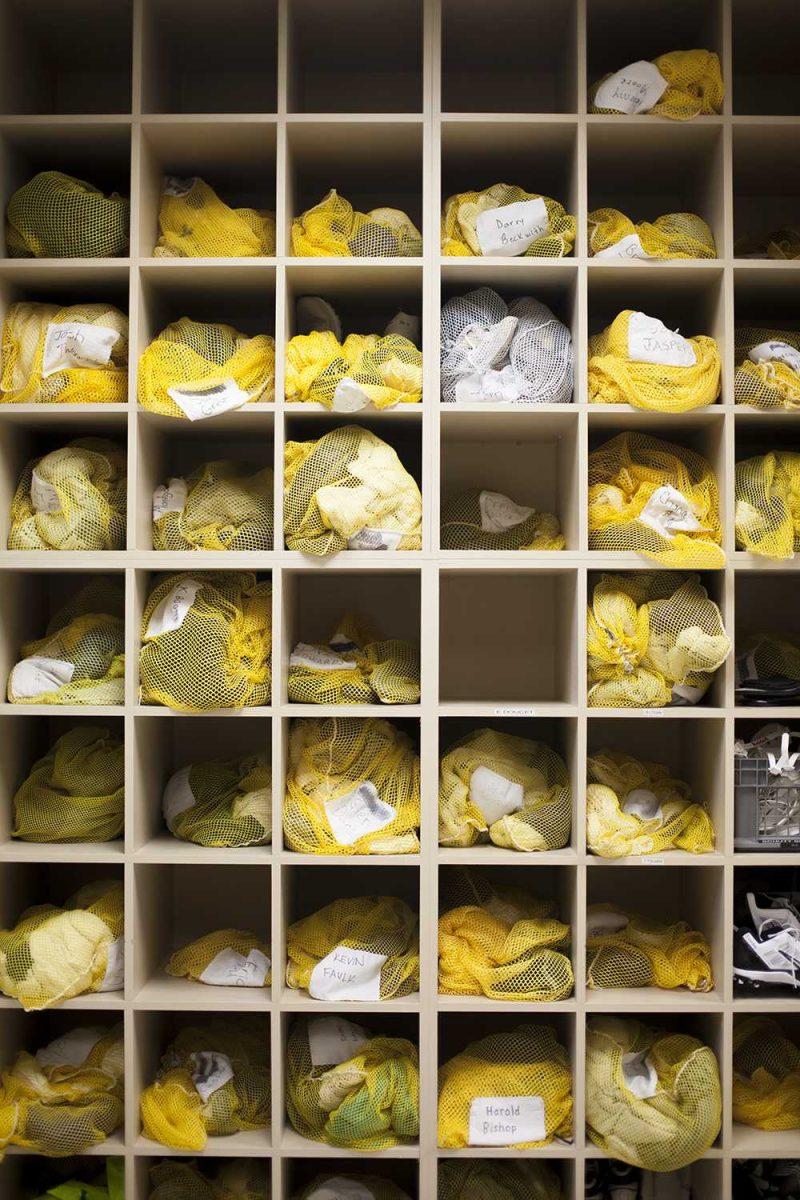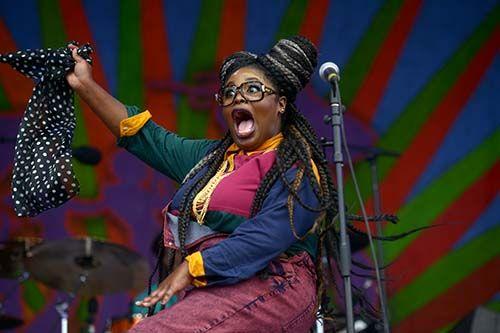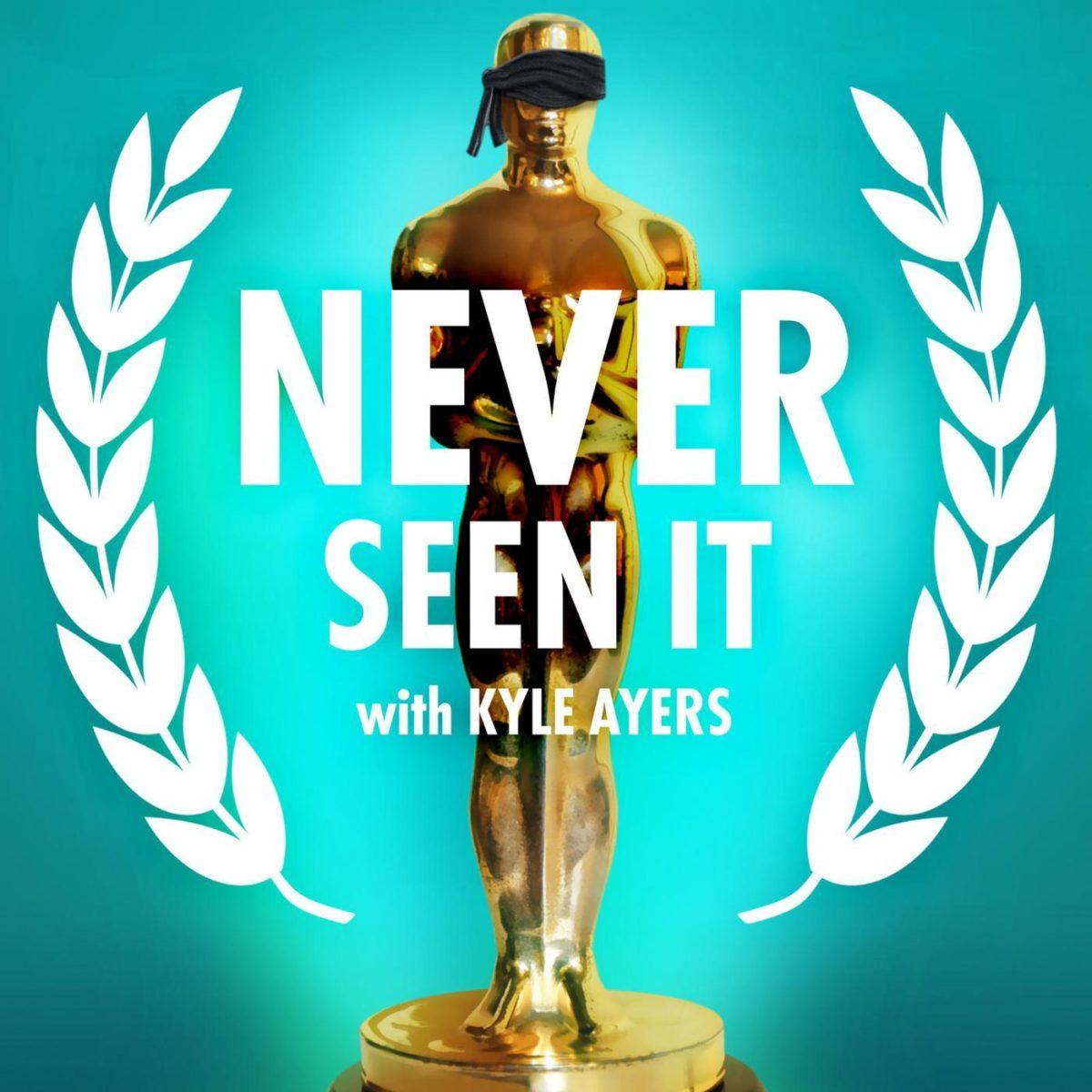In 2009, Peter Gillis and Kyle Stracke each took the first of many journeys to witness something that would play a pivotal role in their lives — live music.
Musical tastes aside, neither student sees distance as a factor when they want to see their favorite bands. Both of them have traveled miles across the country to catch shows, and they’re not quitting this hobby anytime soon.
Gillis, a pre-science sophomore, entered the All Good Music festival in Morgantown, W.Va. as a huge fan of hard-hitting hip-hop but left fixated with a new passion for electronic dance music.
“I really, really liked hip-hop growing up — especially southern hip-hop — because I really liked the beats, but I didn’t really like the part where you had to be completely chauvinistic,” Gillis explained. “I found out you could have the best of both worlds, and it was called dubstep.”
After attending a very short Bassnectar show at the suggestion of nearby fans, Gillis quickly determined this was the type of music he had always wanted without even knowing it existed.
Bassnectar is Lorin Ashton, a producer and DJ who creates free-form electronic music composed of multiple tempos, is widely associated with dubstep and similar electronic tunes.
“By the end of the 45 minutes he played, he completely changed my taste in music,” Gillis said.
Fed by his appreciation for Bassnectar, he left All Good determined to see as many of these events as he could.
“After that, whenever I got a chance when he was playing nearby, I tried to make it out there,” he said. “There’s no place better that I think there is to be in the whole world than being at one of these live shows.”
But Stracke’s dedicated interests began a little differently.
The fallout of Hurricane Katrina caused Stracke and his family to stay with friends in Kenner until they could move back to their own house in New Orleans. During their stay, Stracke and his brother discovered a boxed-up music collection that belonged to the family’s children. It included an assortment of Grateful Dead and Phish recordings — two of the most extolled groups in jam band culture.
“We call it the magic box now,” the psychology junior laughed, grinning in nostalgia. “It was the jackpot, dude.”
To put it simply, jam bands are those that focus largely on touring and live shows with an improvisational emphasis that can often cross genres. They’re also characterized by their devoted fan bases that follow these bands for back-to-back shows.
Stracke is no exception, having seen Phish 23 times. And it all began in 2009 at Red Rocks Ampitheatre near Morrison, Colo., a venue that plays host to a litany of jam tours and other big-name acts. The brothers only stopped at the show since it was conveniently on the way to see a relative, but the experience left an impression, he said.
“It immediately clicked,” Stracke said. “This was what I wanted to do — I needed to do this more.”
Phish’s ability to create a completely unique performance every show is only part of what makes attending so many shows worth the effort, he explained. Besides an unending set list, the experimental improvisation always provides a new experience, he said.
“They have so many songs — just hundreds and hundreds of songs,” Stracke said, stretching his arms to demonstrate. “We’d go and see five shows at a time, and we’d never hear the same song twice. Each show, you’re just seeing a completely different band.”
After Red Rocks, Stracke and his brother began trekking to more Phish shows, presenting a steep learning curve between determining essential supplies and travelling directly from one show to the next. But they caught on quickly; figuring out supplies became second nature, and the two pooled their resources to make it to as many shows as they could.
“We would just save up during Christmas and birthdays and stuff because we knew that’s what we wanted to spend our money on,” Stracke said.
Gillis is no slouch in the extent of his traveling either.
Including All Good, Gillis has seen Bassnectar 10 times at other West Virginia performances, as well as shows in Michigan, Tennessee, Pennsylvania, Maryland, Washington, D.C., and Georgia.
And while Bassnectar presents a completely different sound than a band like Phish, Gillis reiterated Stracke’s appreciation for unique and dynamic performances. He explained Bassnectar presents great shows by creating a one-of-a-kind act every time he plays.
“Every set he’s going to play will be a little different,” Gillis said.
Gillis said Ashton will piece together several songs he’s created and mix them with hundreds of songs from other artists in an improvisational style, creating a “beautiful one-time experience.”
Drew Varnado, a traveled live music fan, described a parallel between these different experiences.
“Tension and release,” said the agricultural economics graduate student. “You can see it at sporting events, you can see it at anything people are passionate about — just that moment.”
“The moment,” Varnado explained, happens in a musical performance when a performer builds up tension in the brain with a series of notes that make finding a pattern difficult to discern. Once the performer releases music into a recognizable pattern, it can prove incredibly satisfying for listeners, he concluded.
He used Bassnectar as an example. At times the DJ builds suspense by running through a series of high notes, eventually dropping bass in a very loud release.
“Good shows — whether they be jam or alternative — good shows are collections of really good moments,” Varnado said. “That’s how you make people go nuts.”
And Varnado has witnessed his fair share of good moments. His experiences at the first annual Bonnaroo Music and Arts Festival in 2002 played a huge part in this.
“I saw so much music, and it was the first time I had seen more than one band in one place,” he remembered. “It was the first time I had ever just seen music everywhere. It was at the camp grounds, in the parking lots, on the stages, on the side of the stages — just everywhere. That kind of hooked me, day one.”
At Bonnaroo, the New York-based jammers, moe., hooked Varnado enough to keep him coming back to their shows — about a dozen times. But it didn’t take long before he wanted more.
“Once you get into one [band], the rest of them just follow suit,” Varnado said. “After that it was just all out, whoever was playing and wherever they were — if I could make it, I was going.”
Varnado then crossed state lines, traveling each end of the country to see acts like moe., Widespread Panic, Phish, The Allman Brothers Band, Tedeschi Trucks Band, James Taylor, Neil Young and Medeski, Martin and Wood — to name a few.
But attending and playing baseball for Millsaps College during his undergraduate schooling quickly forced the Baton Rouge native to consolidate this commitment accordingly with his others. He committed himself to working around musical shows and baseball, only missing class for these two obligations.
“If I missed class, I wanted to miss class for something awesome,” he explained. “I went to class sick, I went to class hung over, broken and ugly, but I went.”
In fact, Varnado’s affection for this music encouraged him to begin playing in a band himself. Along with his friends in the Stage Coach Bandits, Varnado regularly jams in local venues around the Baton Rouge area — one of his favorite hobbies.
COMMUNITY OF MUSIC
Along with the musical talent and dexterity of these bands, Varnado said the community fostered in these experiences proved unlike anything he had experienced before. Since everyone attends these shows with the same interests, they automatically have a unifier that creates social ease, Varnado said.
“You have something that you all share and you know that you all share it, because if you didn’t you wouldn’t be here,” he said. “If you don’t dig this, why did you pay $130 to get this ticket?”
Varnado explained the seclusion created in festivals and other live shows creates an environment that relieves attendees from the regular stress of their day-to-day lives.
“It’s kind of a retreat — you go into this little bubble with everybody else,” he said. “Your cellphone isn’t going to work. Who cares? Anybody you can’t drink a beer with at that moment isn’t worth talking to.”
Both Stracke and Gillis recognized this communal feature as well. In fact, it played a large part in their continued interest of these bands.
After Stracke and his brother met some other fans at their first show, he said they realized the greatness of the show wasn’t limited to the stage. At first, the two felt out of place at the scene, but three fans next to them soon made sure they were comfortable. This surprised Stracke since these fans were clearly older and much more experienced in their travels.
“They could sense I was nervous or shy, but they took me under their wing,” Stracke said. “I started going to more shows, and I realized everyone was like this.”
He said a common interest in Phish makes these fans interested in each other.
“You’re a fan, they’re a fan, you’re friends,” he said.
BECOMING PART OF THE SHOW
But becoming emotionally involved in the community and atmosphere of the show wasn’t enough, Gillis said. He became so fascinated with the Bassnectar community that he wanted to actively participate in it. His interests led him to volunteer at his most recent Bassnectar attendance in the District of Columbia at the DC Armory in September 2011.
“I had been kicking myself in the ass for not getting involved in it for the last two years,” Gillis explained.
After seeing Ashton’s post on his website offering opportunities for volunteer work, Gillis quickly began filling out a questionnaire for the job.
“It was like four in the morning when he posted this thing,” he said. “I just wrote an essay for each of his questions just talking about how perfect I would be for this job.”
As part of the program, Gillis greeted fans entering the show and talked to music-goers to make sure they were having a good time. Besides dressing in appropriately zany outfits and tending to other fans, Gillis and other ambassadors built specialized totems, or poles, to help friends spot them in the middle of a crowd. Gillis built his out of bamboo and spray-painted Bassnectar logos all over it, before topping it with a stuffed dragon. He explained they ultimately used these in a drumline through the crowd during one song.
“You get to engage with all the crazy kids that show up to these shows,” he said. “And a lot of the program is also trying to bring together the community in whatever wacky ways people feel they themselves can best help. When you’re in the program, [Ashton] asks you whatever it is you want to do with the show.”
Part of the job also entailed being sober for the entirety of the performance. Some people would think this would dampen the experience, but Gillis said that’s not the case.
“Bassnectar’s trying to promote the idea that just because you’re at an electronic music show doesn’t necessarily mean you’re on drugs,” Gillis said, noting some concert-goers use illegal drugs like ecstasy to enhance their experiences. “There are a lot of people there probably having even more fun than you even if you’re on drugs.”
This work experience has also helped Gillis stay connected with the Bassnectar community through an online network. These online fans number between 1,300 and 1,500, Gillis said, and most of them tend to be enrolled at a university or resigned. He’s Facebook friends with most of them, and continually stays in touch for updates on Bassnectar news.
Some of these fans virtually live on the road, regularly travelling to back-to-back shows.
“I guess it’s one of the highest densities of white people with dreadlocks in a population,” he joked, dryly, having sheared his own locks recently on a job hunt. “Many of them will hand-make crafts that they sell at shows, and that’s how many support themselves going around.”
ALWAYS THE SAME, ALWAYS DIFFERENT
While both Bassnectar and Phish constantly create new experiences for fans, Gillis and Stracke still have their favorite songs.
“It doesn’t matter who’s playing it, or where I am, if someone’s playing his version of ‘Lights,’ By Ellie Goulding, I will run toward the music and start dancing,” Gillis said.
Stracke explained seeing a song he really liked after so many shows makes experiencing it that much more special.
“You’ll see a song you’ve been chasing for 20 shows and you finally get it,” he explained. “It’s that special.”
But of course, these songs always play out differently. With constantly unique experiences from the changing performances and ever-friendly fan base, it’s difficult for Stracke to pin a favorite show.
“It’s kind of like picking your favorite kid,” he said. “They’re all different, you love them all.”
Music fans may have differently developed tastes, but they can still sense one anothers’ similar appreciations, Varnado said.
“Generally there’s kind a respect for people who get the idea regardless of what the band is or what the music is,” Varnado said. “The idea that I really love music, and you really love music — maybe not in the same way — but that’s cool, and I respect that of you.”











